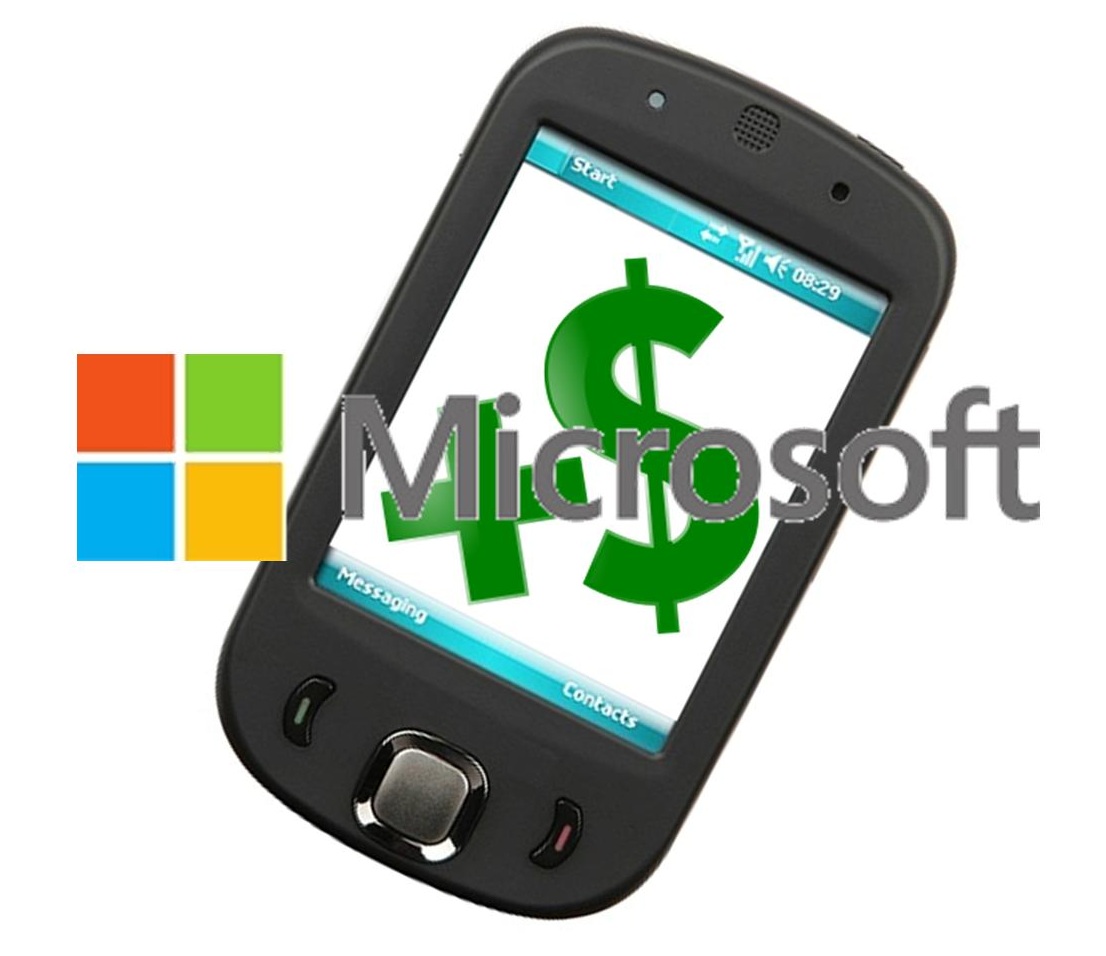 Mobile games continue to show their power to the game industry
Mobile games continue to show their power to the game industry
Mobile games are becoming a very powerful force in the game industry. Games developed specifically for mobile devices like smartphones and tablets have been resoundingly successful among consumers. This is partly due to the convenience of being able to play mobile games anywhere and at any time, as well as the fact that many of these games are designed to be very addicting. Mobile games represent a very lucrative area of the game industry, especially for independent developers that are heavy on skill and imagination.
Tilting Point announces investments in independent developers
Tilting Point, a relatively new company comprised of game industry veterans from companies like EA Partners, has announced that it will be investing $40 million into the mobile games sector over the next three years. Investments will be directed at independent developers, a sector of the game industry that has shown strong promise over the past several years. Independent developers have managed to acquire a great deal of support from consumers due to the belief that they are free of the perceived “evils” of game publishers like Electronic Arts and Activision. Because of the way consumers see these developers, many are more likely to support the games that they produce.
Independent developers may be the future of gaming
Tom Frisina, executive chairman of Tilting Point, believes that independent developers hold the future of games in their hands. Mobile games, in particular, are a field in which independent developers are very active. The accessible nature of these games has attracted a great deal of consumer attention and support, making mobile games some of the most successful products in the game industry. Tilting Point is interested in promoting more innovation in the mobile games sector by helping support the development talent that exists therein.
Advanced mobile games become more feasible as technology becomes more capable
As mobile devices become more advanced, they are capable of supporting higher quality mobile games. Typically, mobile games are designed to be short, satisfying, and not too time consuming. This often translates into players participating in short-lived, but repetitive activities. Mobile games on future devices are expected to buck this trend by providing gamers with a more interactive and engaging experience.

 Information about a new system on the Windows Phone platform has just been released involving Zero-Effort.
Information about a new system on the Windows Phone platform has just been released involving Zero-Effort.